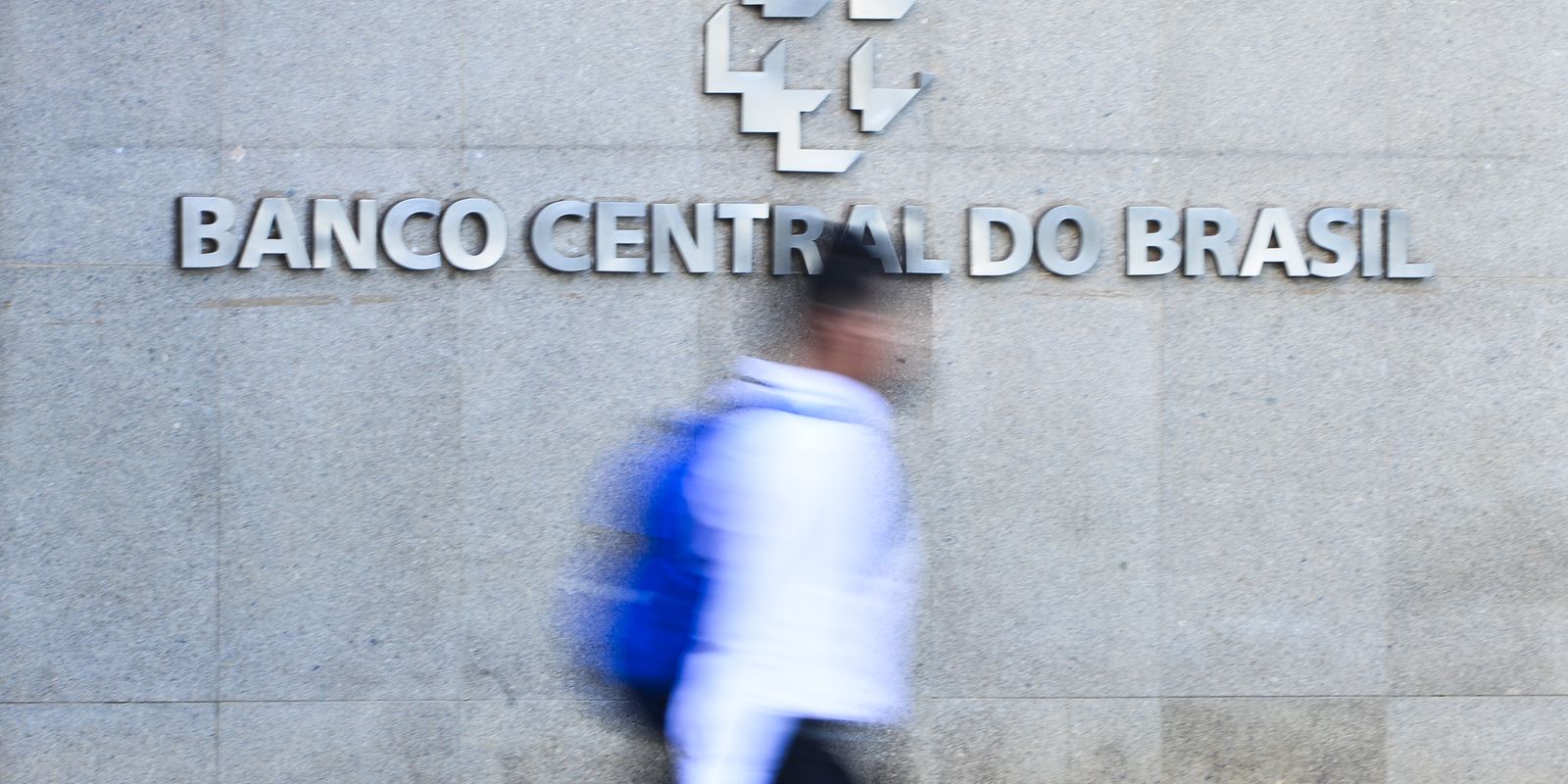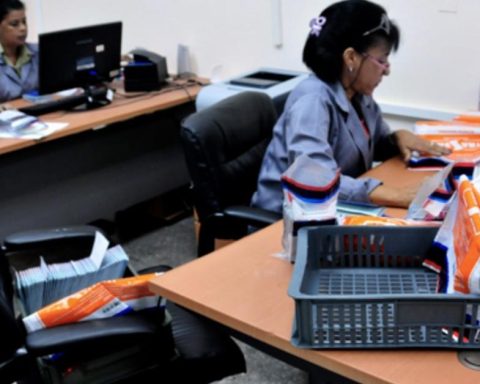The decision by the Monetary Policy Committee (Copom) to accelerate the increase in the Selic Rate, the economy’s basic interest rate, received criticism from the productive sector. In their assessment, the rate increase to 11.25% per year threatens the economic recovery, especially as the United States began to cut interest rates.
In a statement, the National Confederation of Industry (CNI) reported that it received the Copom decision “with indignation”. According to the entity, Selic is at an excessive and incompatible level. For the entity, the increase in interest rates will only impose additional restrictions on economic activity, with negative impacts on employment and income, and disrupt the balance of public accounts.
“The CNI estimates that the basic equilibrium interest rate should be 8.4% per year, considering the inflation accumulated over the last 12 months. Even when considering inflation expectations, the equilibrium interest rate is estimated at 9.3% per year”, criticized the confederation.
The São Paulo Supermarkets Association (Apas) considers that the interest rate shock adopted by the Central Bank tends to harm economic activity and discourage investments. The entity asks the government to move forward with the mandatory spending cut package so that interest rates can fall in the future.
“Apas also understands that it is essential that macroeconomic policy as a whole advances in a joint and coordinated manner and, in this sense, fiscal policy plays an important role both in anchoring expectations and in the consistent and sustainable development of the Brazilian economy”, he highlighted in notes the association’s chief economist, Felipe Queiroz.
trade union centers
The increase in basic interest rates also received criticism from trade unions. For the Central Única dos Trabalhadores (CUT), the measure increases the financial strain on the population and companies. The entity recalled that Brazil is among the largest payers of real basic rates (interest above inflation) in the world, while the country sets a record for companies filing for judicial recovery.
“The consequences of this monetary policy, which has been practiced by the Central Bank in recent years, are irreparable damage to Brazil’s development, because it slows down the entire economy. It has an impact on interest rates throughout the financial system, that is, it increases the cost of money for families and companies, also increasing the indebtedness of those who need loans, but are no longer able to pay”, highlighted the president of the National Confederation of Financial Branch Workers (Contraf-CUT) and vice-president of CUT, Juvandia Moreira.
The CUT cited a study by the Inter-Union Department of Statistics and Socioeconomic Studies (Dieese), according to which the 0.5 point increase in the Selic will increase the Union’s spending on interest on public bonds by R$26 billion. The impact is only from the increase in the last meeting, disregarding new increases in the coming months. Every 1 percentage point increase in the Selic, the study reported, increases bond costs by R$40 billion.
Força Sindical classified the decision as “irrational, harmful and disastrous”. In a statement, the entity’s president, Miguel Torres, said that the Central Bank is going against the country’s development.
“Increasing the rate is irrational. The increase is yet another way of stifling workers. Without relevant cuts, there will be a reduction in investments and chances of growth. It is important to highlight that interest rates at prohibitive levels drain the country’s currency and make development and investment unfeasible, and, consequently, the generation of jobs with more income”, highlighted Torres.

















